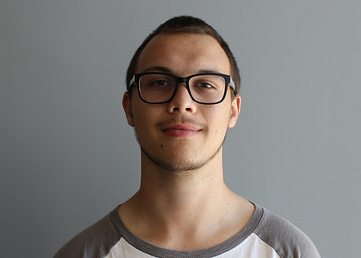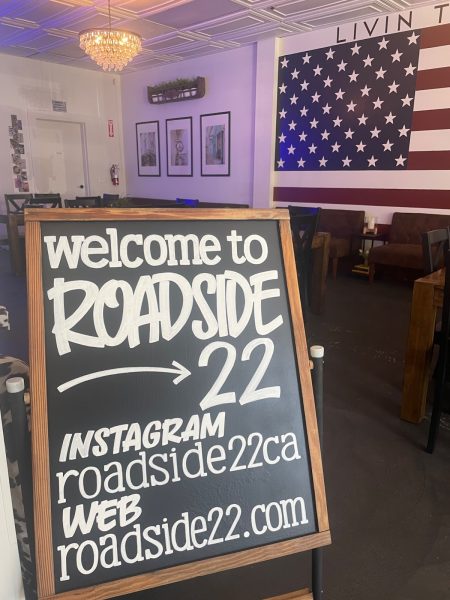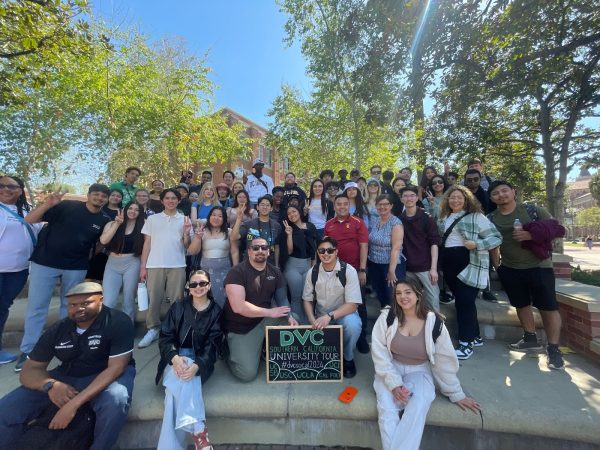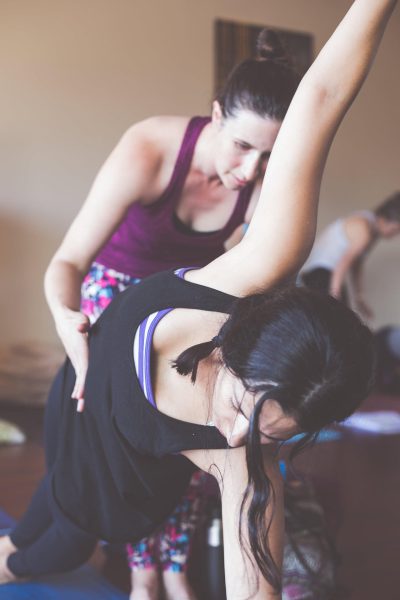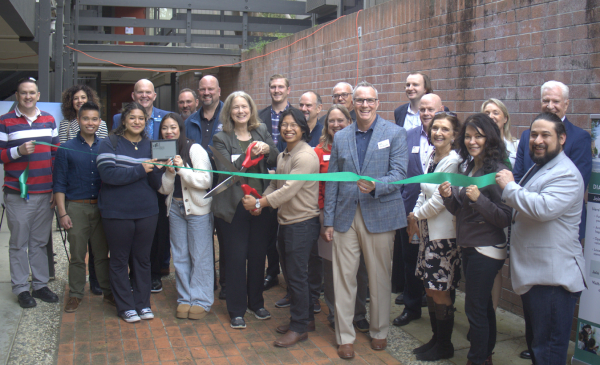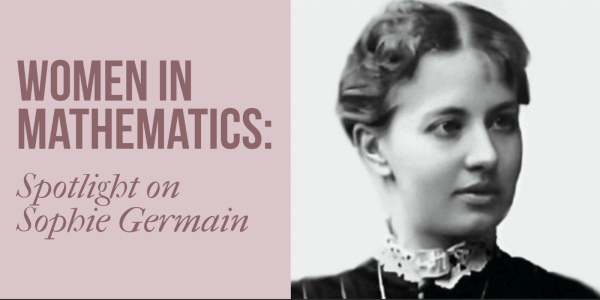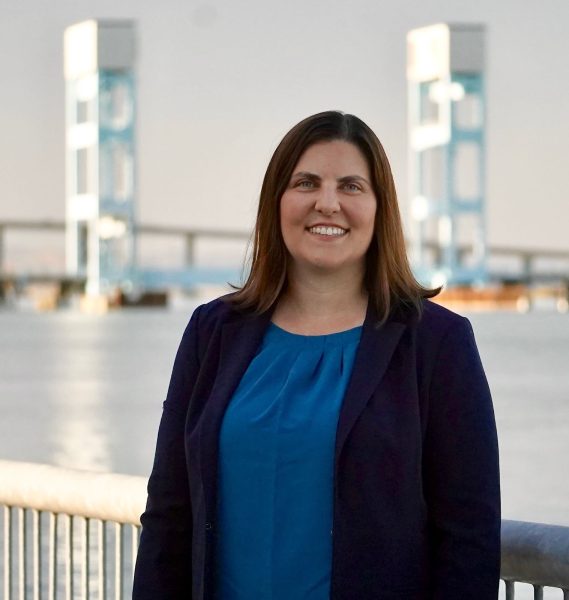New nutrition course offers more than typical class
October 8, 2017
Diablo Valley College has actively been doing a lot of things on campus based on equity and inclusion for students and employees; the school’s new “Nutrition Food and Culture” course, taught by professor Teresita Saechao, is just one example.
With everything going on in the world, students can run into the problem of not knowing where and how they can express themselves. They can go through their daily grind, going from class to class while bottling in how they feel about many of the issues plaguing society.
The nutrition course is aiming to change that. Saechao aims to foster a space where students can talk about mainstream issues.
“A lot of things outside the classroom can be very fearful for students. Some of them don’t want to express (themselves) because they are fearful,” says Saechao, “but I’ve found that in the food and culture class most students feel safe talking about those issues. They don’t just have an opportunity to express things about equity and inclusion and share their experiences from their own perspective but they learn about other cultures, not just in America but worldwide.”
Officially called NUTRI-130 – Food and Nutrition: Cross Cultural Perspective, the class is in its maiden semester, with 23 students enrolled.
“Most find it’s very different from the other courses which they are taking, in a way that it’s more explorative. It allows them to explore more but at the same time I’m guiding them,” said Saechao.
The course examines how food is viewed as an expression of cultural diversity, as well as taking a look at the regional, ethnic, cultural, gender, religious, historical and social influences on food patterns, cuisines, health and healing. Students learn about the traditional foods of different geographic areas and cultures, while also examining factors and problems that various ethnic groups face.
“The air of the community in the world right now, it’s more inclusive and sensitive of people with varying backgrounds,” said professor Saechao. “I want people to know that the food and culture class goes with that theme of equity and inclusiveness.”





































































